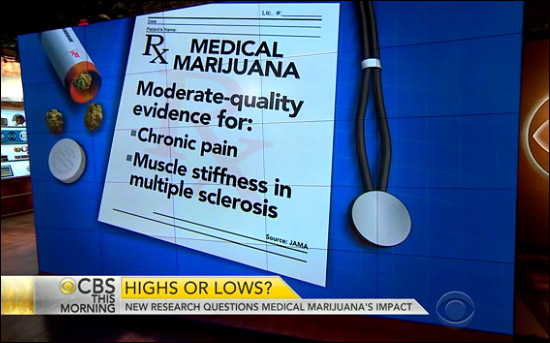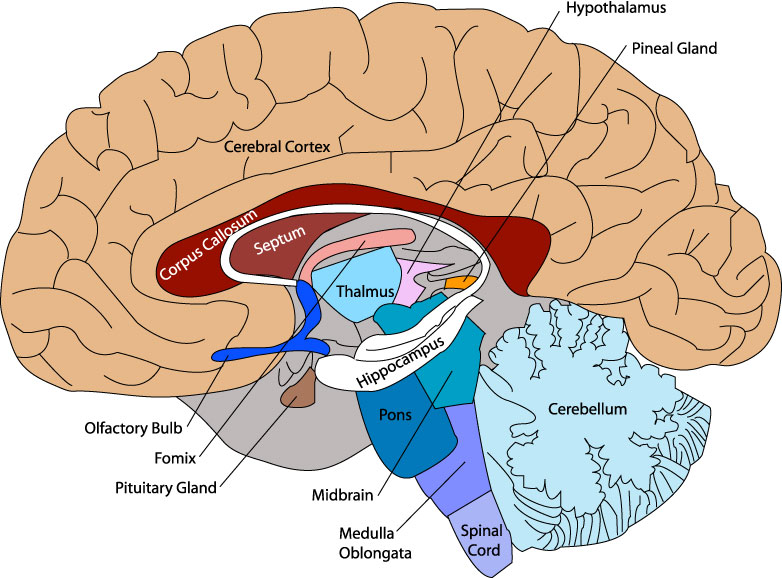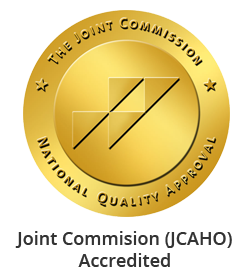The United States is seeing a tidal wave of states loosening restrictions on the sale and use of medical marijuana, with some states making it legal to purchase by anyone, even those without a prescription or medical need for it.
It’s a thorny issue in the medical community because many doctors base their treatment decisions on evidence that something works before prescribing it to patients. Medical marijuana certainly falls under that category.
Part of the problem exists because marijuana is considered a Schedule I Drug by the federal government, Drug Enforcement Administration and the Food and Drug Administration. Schedule I drugs include Heroin, LSD, MDMA, and others, including Marijuana.
Of the five major drug schedule categories, Schedule I is the most serious and contains what are considered the most dangerous drugs, with the highest rates of dependence and abuse. Drugs in this category are thought to have no medicinal qualities and aren’t available to even research.
But as marijuana is made legal at the state level, and doctors in 23 states and Washington D.C. are now allowed to prescribe pot to their patients, it’s time to fund more research to find out more about the pros and cons of the drug.
Dr. Tara Narula was recently a guest on the “CBS This Morning” show to discuss some of the latest research. According to Dr. Narula, the largest and most comprehensive review of the safety and efficacy of medical marijuana so far has just been completed.
Researchers looked at 79 studies and found a moderate level of evidence to support medical marijuana for chronic pain associated with neuropathy or cancer, and spasticity with diseases like multiple sclerosis. They found a low level of evidence for other ailments such as sleep, anorexia, nausea and vomiting from chemotherapy, and weight loss from HIV.
What are the Side Effects of Medical Marijuana?
- Confusion
- Dry Mouth
- Drowsiness
- Addiction
- Hallucination
- Psychosis
- Cognitive Difficulties
- Effects on Developing Teen Brains
One of the biggest problems so far is that there haven’t been many studies about marijuana yet due its drug schedule classification and there isn’t much evidence about its efficacy. To add to that, as more and more states legalize marijuana for both medical and recreational purposes, it’s imperative that lawmakers, doctors, patients, and the general public have the ability to make informed choices when using or prescribing the drug.
Many doctors shy away from prescribing it because there isn’t enough evidence and it is not being used to treat life-saving illnesses. For now, it is mostly used to manage symptoms.
There is a definite need for more research, and hopefully that will come soon. Marijuana is quickly becoming a big business in the United States and future medical needs, along with the health and public safety of all citizens, depends on the research. Research needs to be provided that weighs on the addictive properties of marijuana, as well as the medical qualities, so it can be properly enforced and monitored. There’s a lot at stake and the research needs to happen sooner, rather than later.
The video above can be seen on the CBS Morning Show website at:
http://www.cbsnews.com/videos/new-research-questions-medical-marijuanas-impact/







